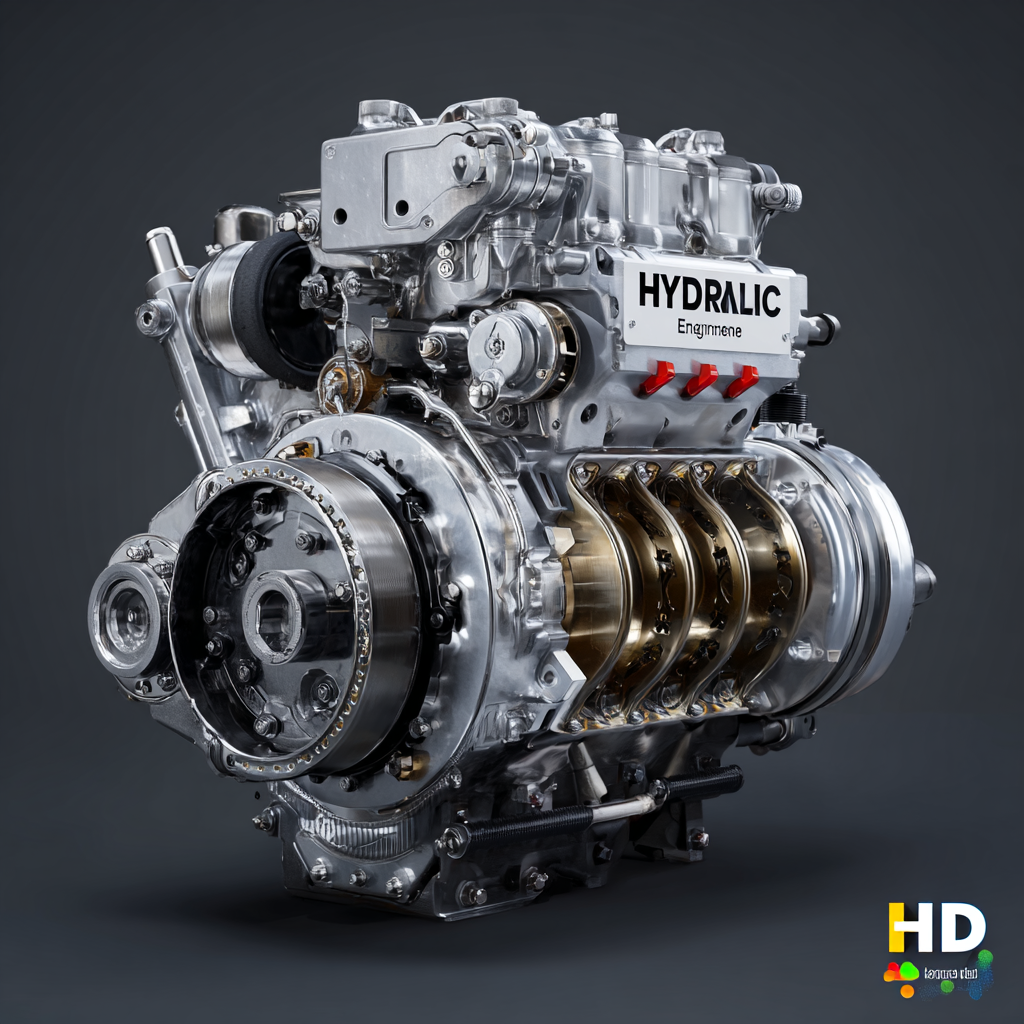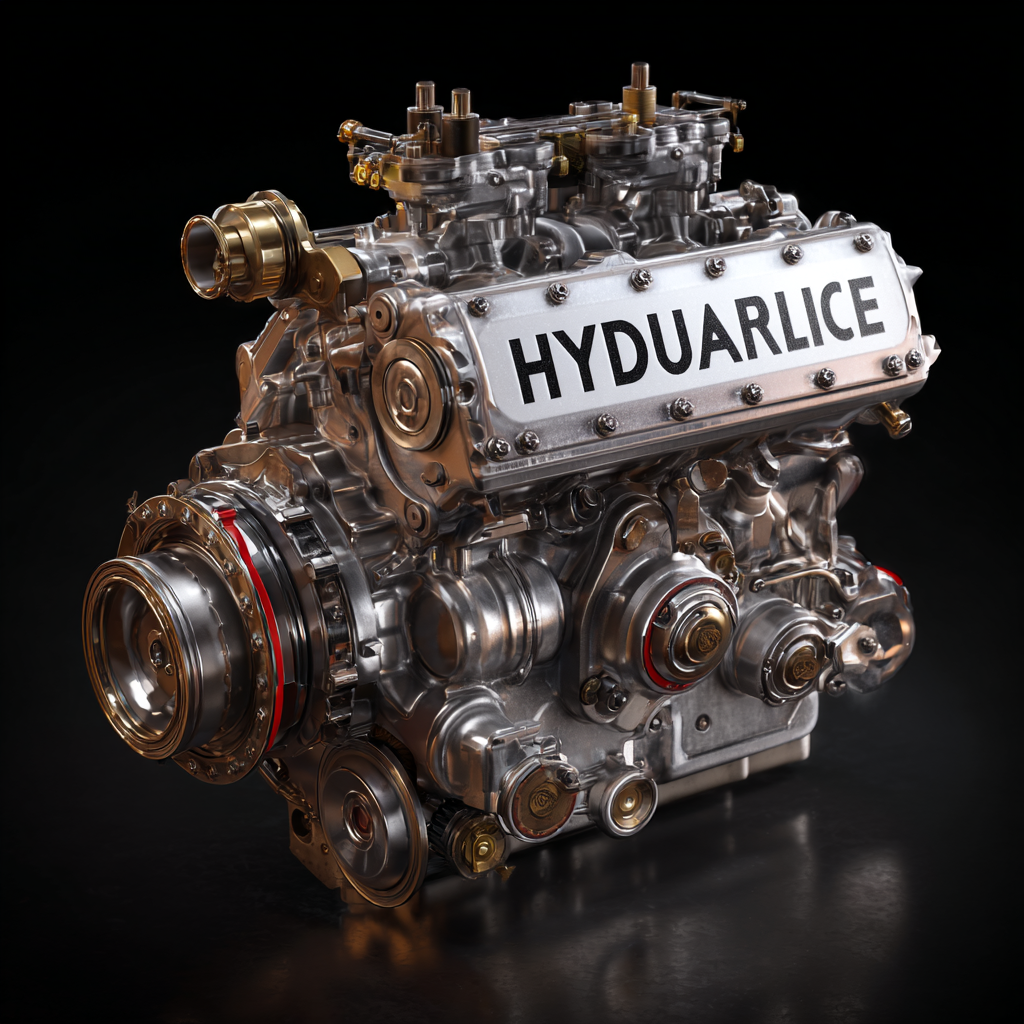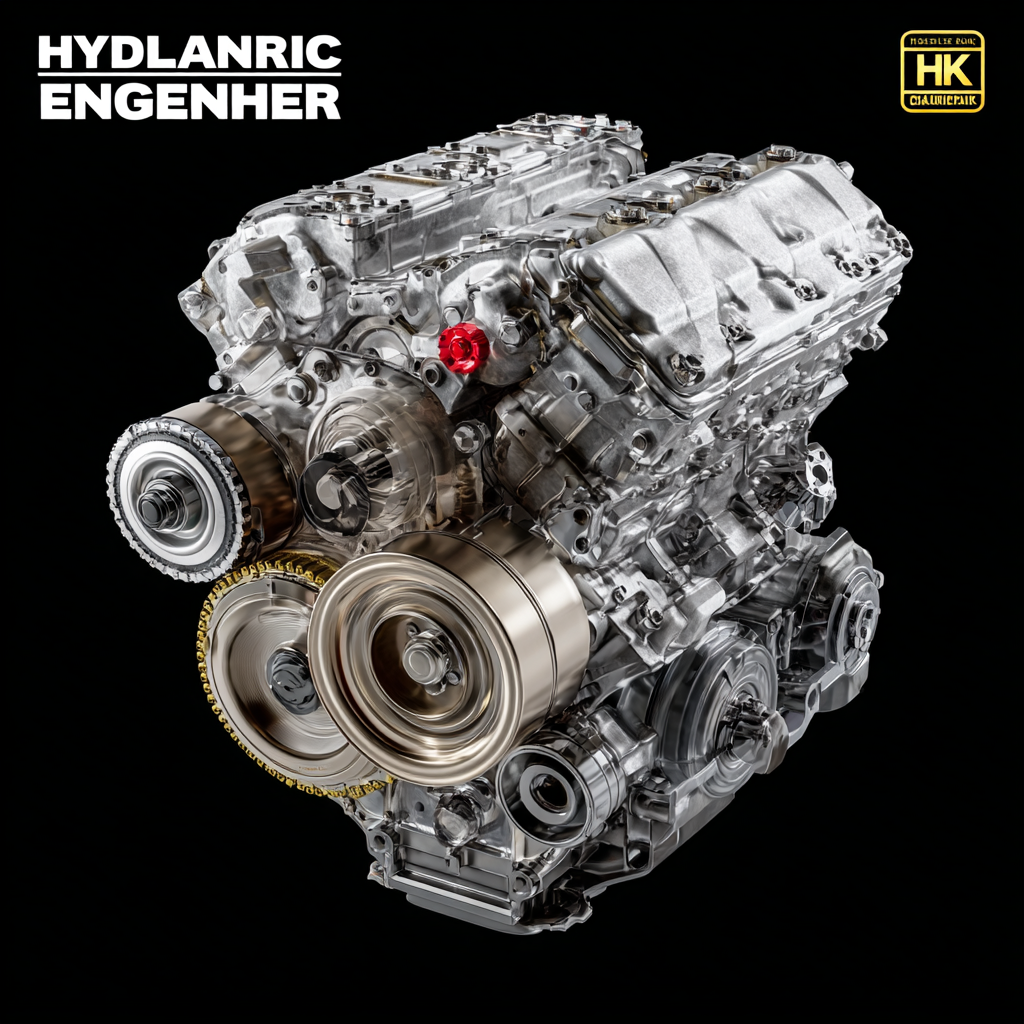Unveiling the Best Hydraulic Engine: What Makes It a Game-Changer in Modern Machinery?
In the realm of modern machinery, the Hydraulic Engine stands out as a revolutionary force that is reshaping the way industries operate. With its unique ability to convert fluid power into mechanical energy, this innovation is not just a technological marvel, but a game-changer that enhances efficiency and productivity across various sectors. Whether in construction, agriculture, or manufacturing, the Hydraulic Engine enables machines to perform more powerful tasks with precision and control. This blog aims to delve into the core reasons why the Hydraulic Engine is heralded as a superior choice in contemporary engineering. From its unparalleled strength and compact design to its energy efficiency and adaptability, we will explore the key features that make this technology indispensable in today's fast-paced industrial landscape. Join us as we unveil the best Hydraulic Engine and understand how it is transforming machinery and redefining work processes.

The Evolution of Hydraulic Engines: Key Innovations Driving Efficiency
The evolution of hydraulic engines has been greatly influenced by key innovations aimed at enhancing efficiency in modern machinery. One notable trend is the integration of electric power sources with hydraulic systems, which not only improves performance but also leads to substantial fuel savings. Reports indicate that energy-saving hydraulic systems are becoming increasingly popular, contributing to the significant adoption of axial piston motors in various applications due to their superior efficiency.
Tips: When considering a hydraulic engine for your machinery, always evaluate the compatibility of electric prime movers with hydraulic systems. This combination can result in improved capability and energy efficiency, making your operations more cost-effective.
Another critical area of development is steering technology, where new advancements such as Electric Power Steering and Steer-by-Wire are optimized for operational efficiency. These technologies have been reported to lower fuel consumption, showcasing the continuous drive for sustainable hydraulic solutions.
As hydraulic systems undergo this technological revolution, they are evolving to meet the demands for performance and environmental responsibility, marking a transformative period in hydraulic engine design.
Tips: To stay ahead in the industry, keep an eye on the latest innovations in hydraulic technology. Investing in updated systems can lead not only to better performance but also to significant long-term cost savings.
Benefits of Advanced Hydraulic Systems in Modern Machinery Applications
The evolution of hydraulic systems has significantly impacted modern machinery applications, setting new standards for
efficiency, precision, and
power. Advanced hydraulic systems are engineered to deliver superior performance
through enhanced reliability and reduced maintenance needs. These systems utilize sophisticated components and technologies,
such as variable displacement pumps and high-efficiency actuators, which not only improve energy utilization but also allow
for smoother operation across various tasks.

One of the most significant benefits of these advanced hydraulic systems is their ability to handle complex
operations with ease. High response rates and precise control enable
machinery to perform intricate tasks that require a delicate touch, such as in the fields of robotics and
automotive engineering. Additionally, the integration of smart technology
into hydraulic systems provides real-time monitoring and predictive maintenance, resulting in decreased
downtime and operational costs. As industries continue to adopt these modern hydraulic engines, we can expect
a transformative shift in productivity and innovation across multiple sectors.
Performance Metrics: How Hydraulic Engines Outpace Traditional Alternatives
Hydraulic engines represent a remarkable evolution in the realm of modern machinery, particularly when evaluated through performance metrics. Unlike traditional alternatives, these engines leverage the power of hydraulic fluid to generate smooth, high-torque outputs that significantly enhance operational efficiency. Recent experimental studies reveal that hydraulic systems not only outpace conventional fixed-speed hydraulic power units but also offer consistent performance, which is crucial in demanding industrial environments. Their direct coupling with other renewable energy sources, such as photovoltaic (PV) systems, further illustrates their versatility and potential for integration in sustainable applications.
Performance metrics also highlight the superior responsiveness of hydraulic engines, making them ideal for applications requiring quick adjustments and dynamic loads. The incorporation of advanced technologies such as artificial neural networks to predict performance and emission characteristics showcases the ongoing innovation in hydraulic engine design. As industries continue to explore alternatives to fossil fuels, the efficiency of hydraulic engines powered by biofuels or blends derived from waste cooking oil solidifies their position as a forward-thinking solution that aligns with environmental sustainability goals. The evolution of hydraulic systems indicates a bright future for modern machinery, poised to meet the challenges of efficiency and environmental responsibility head-on.
Performance Metrics: Hydraulic Engines vs. Traditional Engines
Case Studies: Successful Integration of Hydraulic Engines in Industry
The integration of hydraulic engines into modern machinery has revolutionized various industries, providing a significant boost in efficiency and performance. For instance, in the construction sector, companies like XYZ Construction have successfully adopted hydraulic excavators. These machines utilize hydraulic power to enhance digging capabilities, allowing for precise movements and considerably reducing operation time. This approach not only streamlines construction processes but also minimizes the environmental footprint by reducing fuel consumption.
Another notable example can be found in the manufacturing industry, where ABC Manufacturing incorporated hydraulic presses into their production lines. By switching to hydraulic engines, they increased their output rates while maintaining high levels of accuracy and consistency in their products. The hydraulic system's ability to exert enormous force with minimal energy makes it a preferred choice for tasks requiring heavy lifting and shaping. The successful integration of hydraulic engines in these case studies highlights their transformative impact, making them indispensable in today's competitive industrial landscape.

Future Trends: The Role of Smart Technologies in Hydraulic Engine Development
The integration of smart technologies into hydraulic engine development is revolutionizing modern machinery. According to a recent report by the International Hydraulics Association, the global hydraulic systems market is projected to grow at a CAGR of 5.6% through 2026, driven in large part by automation and connectivity advancements. Smart technologies enhance performance by optimizing operations, predicting maintenance needs, and reducing energy consumption. For instance, sensors and IoT devices monitor real-time data, allowing for immediate adjustments that significantly improve efficiency and output.
Tip: Implementing predictive maintenance tools can help identify potential issues before they become costly repairs. By analyzing data trends, companies can minimize downtime and enhance the lifespan of hydraulic engines.
As smart hydraulic engines become more prevalent, the role of Artificial Intelligence (AI) in the development process is also gaining prominence. AI algorithms can analyze vast datasets to improve the design and performance of hydraulic systems. A report by Technavio reveals that AI-driven machinery can increase operational efficiency by up to 30%. These innovations not only streamline production but also contribute to more sustainable practices by reducing waste and energy usage.
Tip: Adopting AI-powered analytics can lead to more informed decision-making. Businesses should consider investing in AI technologies to stay ahead in the competitive landscape of hydraulic engine manufacturing.



